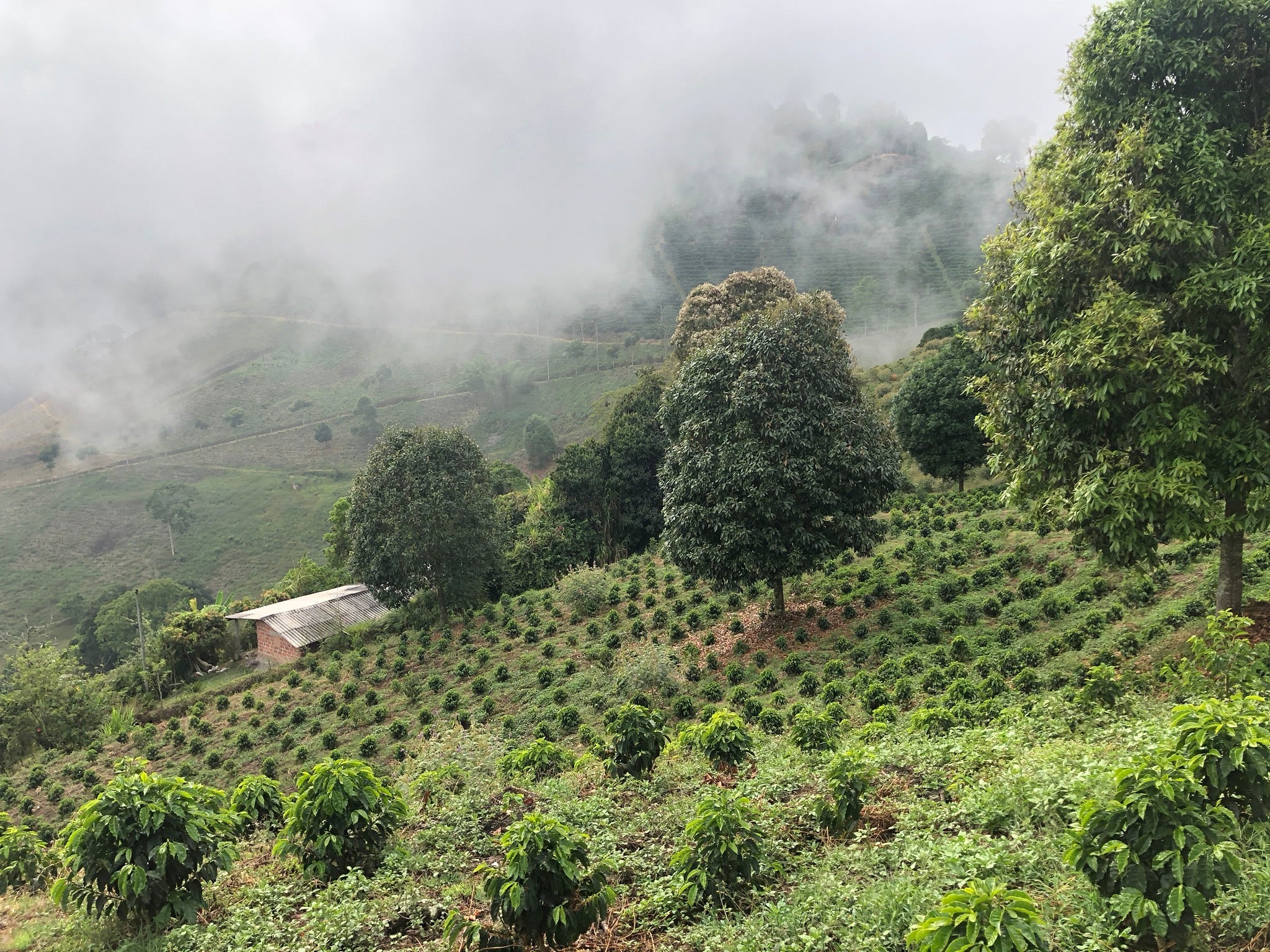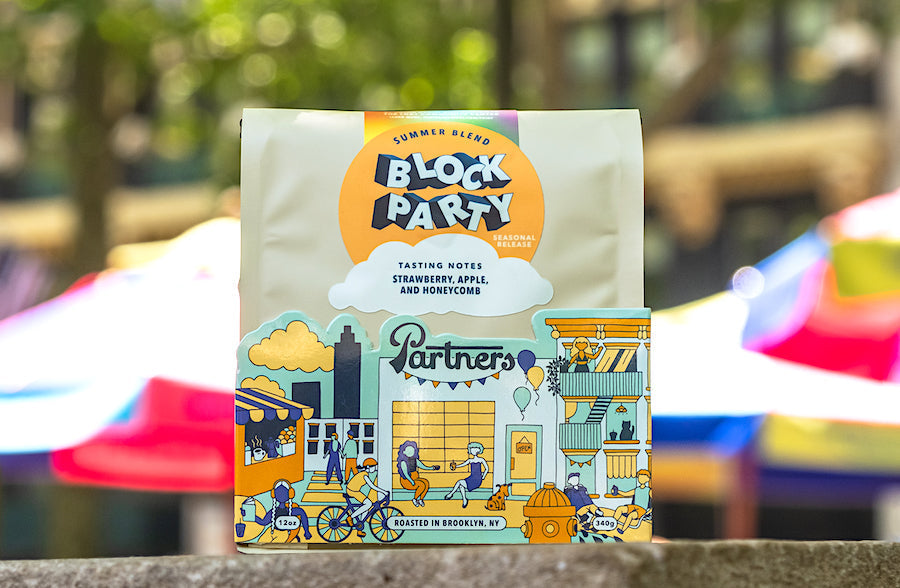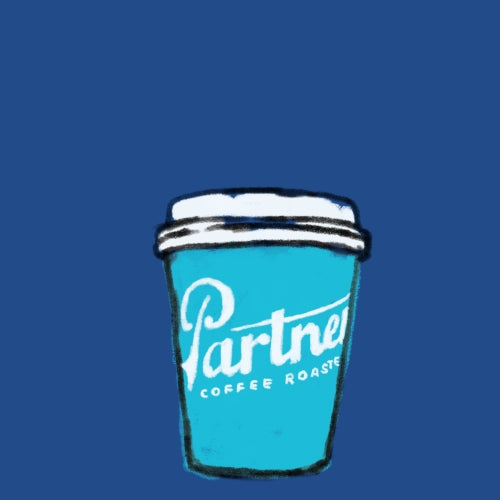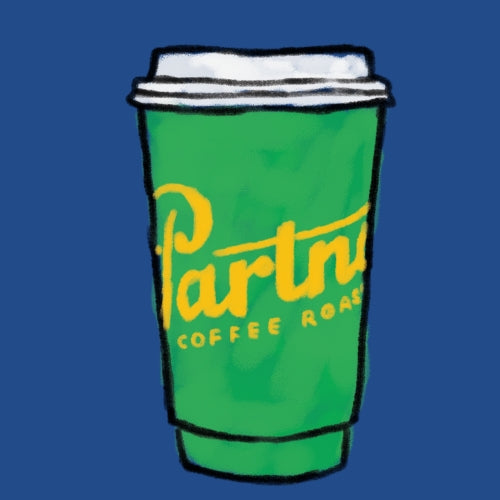We're deeply proud of our relationship with Rubén Dario Gómez. El Faldón is among our oldest farm relationships in Colombia and serves as an important model for our sustainability vision today.
Rubén's coffee is the product of everything done right: high-quality varieties, grown and harvested with care, then processed with excellence using tried-and-true local customs.
Expect big tropical fruits and a nectar-like sweetness—think pineapple, orange, banana, and mango. We're so happy to share this coffee with you again.

Our Sourcing Ethos
It would be difficult to overstate what El Faldón means to us. Our first encounter with Rubén's coffee led to the decision to create El Ramo—an evergreen offering composed of similar coffees from smallholder farmers in his community of Caicedo, Antioquia.
On the success of El Ramo, we've been able to grow and diversify our purchasing in the region while also committing to every single harvest offered to us from El Faldón—more than ten harvests to date in nearly as many years.
Rubén Dario Gómez
Rubén is originally from Caicedo. As a younger man he worked for 20 years on other people's farms to save money to purchase his own, Finca El Faldón—named for the way two mountain ridges converge in view of the house, resembling a long skirt.
El Faldón is just two hectares—about the size of two city blocks—planted with red and yellow caturra and bourbon. During the harvest season—which occurs twice annually here due to its proximity to the equator and well-distributed rainfall—Rubén and his family walk the farm daily to pick ripe coffee fruits.

Proccesing Method
Rubén processes his coffee on the farm using a particular workflow unique to the region. First, he combines two consecutive days of picking in concrete tanks. The coffee undergoes a dry fermentation for 12-24 hours with the fruit still intact.
Next, Rubén feeds the coffee into a motorized depulper which removes the outer layers of fruit. The coffee is then deposited in clean, tiled tanks where it ferments for another 12-18 hours in clean spring water to loosen the remaining layer of mucilage. This extended, meticulous fermentation process enhances the sweetness and emphasizes the big tropical fruit flavors inherent to the coffee.
After it is fermented, Rubén washes the coffee in clean water and moves the resulting parchment coffee to covered drying tables where it dries in 10-15 days.

When we first visited Rubén, he spoke of the challenges of farming and stressed his desire for un cliente—a stable buyer who could commit to doing business together year after year. This would provide stability to his farm by insulating him from the volatile and generally unsustainable prices offered through the open market.
Since entering this arrangement we've returned to El Faldón several times and seen the farm flourish firsthand. We saw the beneficio rebuilt with fresh tile and a newly designed washing channel.
The drying capacity has tripled, replacing a sun-exposed patio with two raised and covered platforms. The house has been renovated, adding new paint, stucco, and tile plus a modern stove and refrigerator (still uncommon in parts of rural Colombia).
Finally, since our last visit, Rubén completed construction on a new road to the farm—improving the efficiency and ease of bringing his coffee to town via donkey.
Ready for a cup of incredible?
Tasting Notes:
Pineapple, Orange, and Banana
Variety:
Caturra and Bourbon
Producers:
Rubén Dario Gómez
SOURCE:
Finca El Faldón







Leave a comment
This site is protected by hCaptcha and the hCaptcha Privacy Policy and Terms of Service apply.